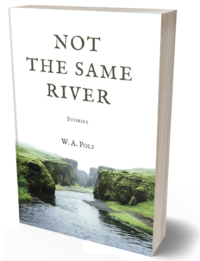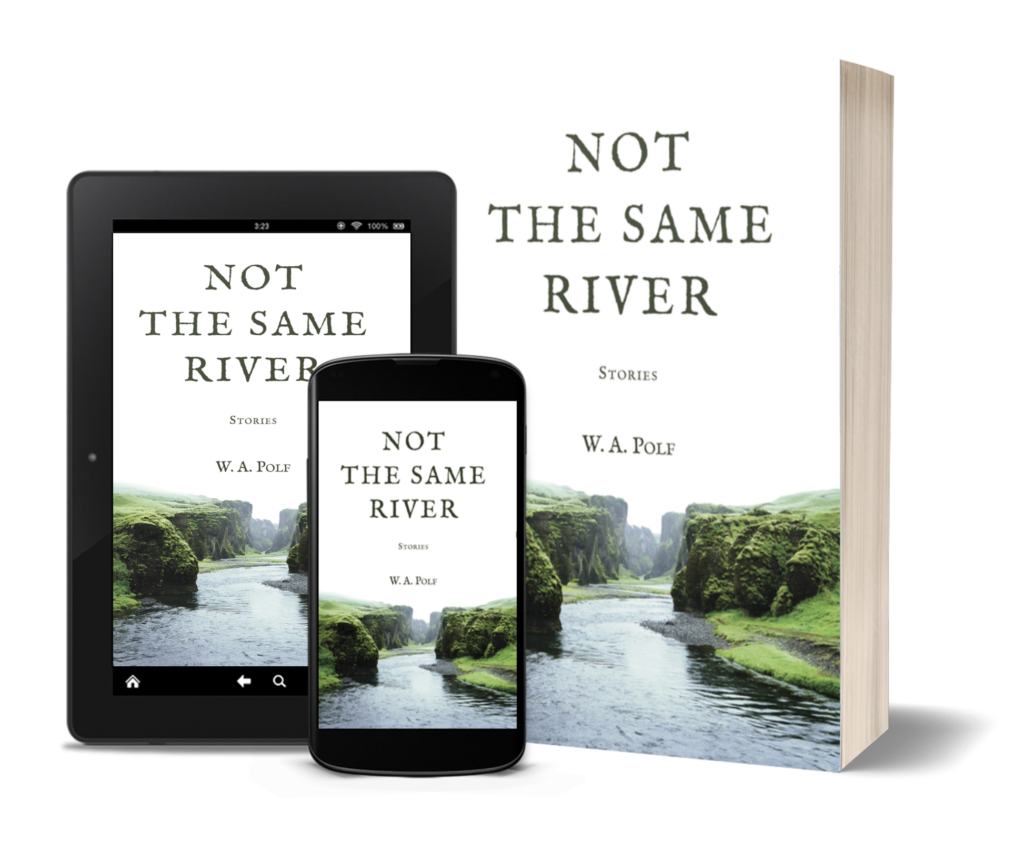Reviewed by: D. Donovan, Senior Reviewer.
Not the Same River harbors a literary countenance, its short stories reviewing the nature and impact of time and individual choice. It will attract audiences that have a special interest in short stories filled with psychological depth and inspections replete with a sense of place and growth opportunities.
Take the short story ‘Lunch at the Dahesh’, for example. Here, Collin once again joins Glenda for lunch at the Dahesh (late, as usual), and together they face the end of old patterns and attractions and the beginnings of new things.
A love of art bonds them – yet less apparent (initially) but equally compelling is their shared love for the art museum Dahesh that once served as the mainstay of New York’s artistic community (and their relationship), capturing moments of ‘suspended tension’ that reach from art observation into life experience.
As academic debate and expression coincide with personal shifts, W.A. Polf invites reader into a world which began as set on a foundation of shared experience, and has evolved into something more:
He began to feel uneasy, unsure why. Nothing seemed different; they had been in this very place many times before. Yet the situation seemed changed, as though he had shifted his position and now saw “The Water Girl” from another perspective.
Contrast this with ‘The Elephant Train,’ in which an elephant train tour at the zoo reflects scenarios of loss and transformation in which the characters… lay there silently, their world dissolving around them, the new one not yet fully formed.
Routines interrupted by adversity and surprise receive prominent display and attention in a story that surveys the irony of a kill-or-be-killed world and a microscopic situation.
Each scenario plays out against a very different backdrop. Each short story operates as a tale of individual revelation that, when viewed as a group, relates different versions of choice, impact, closure, and recovery.
Libraries and college-level professors seeking literary works that vary widely in their atmospheres, sense of place, and psychological calls and responses will find the diversity in Not the Same River satisfying. It reflects a deeper attention to revelation and growth which deserves not only individual recommendation, but can serve as appealing fodder for classroom and book club discussions.

